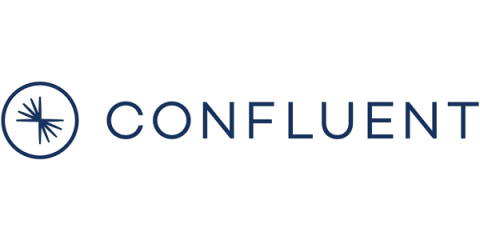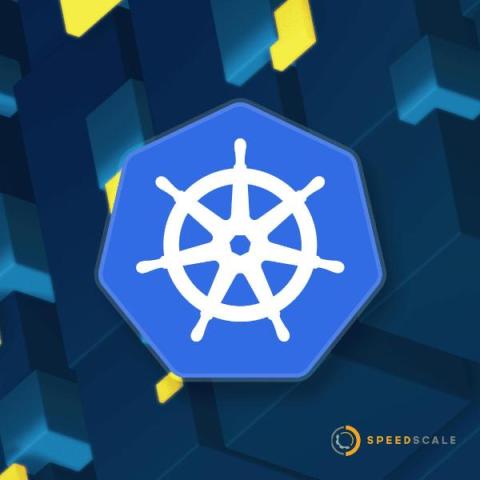The critical role of a hybrid cloud architecture in ensuring regulatory compliance in financial services
A prominent global bank was thrust into the spotlight for all the wrong reasons. The institution was hit with a staggering fine – multiple billions – for failing to comply with new data protection regulations that ultimately led to a customer data breach. The breach, which exposed sensitive information, not only resulted in financial penalties but also caused significant reputational damage.











